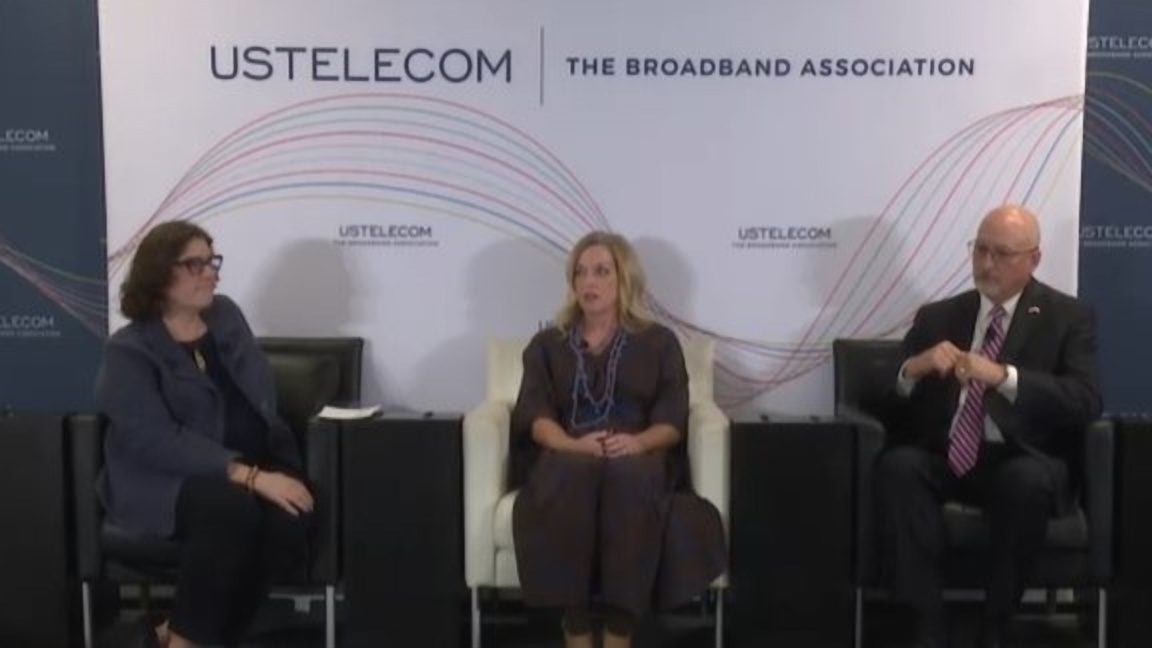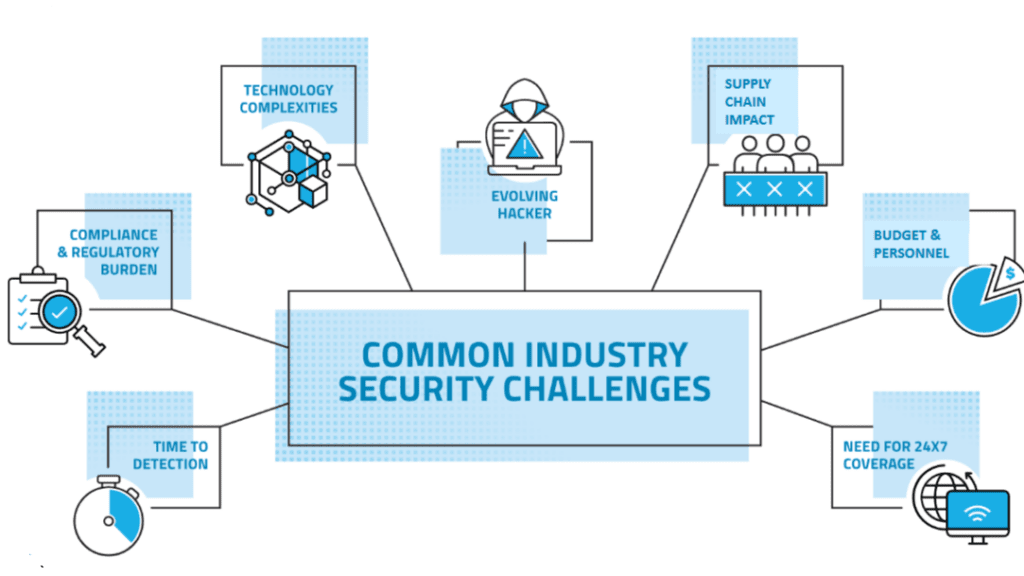USTelecom Panelists Say It’s a Good Time to Redesign USF
Randy Sukow
|

A USF panel at the USTelecom Broadband Investment Forum included Allison Remsen, chief strategy officer, USTelecom; Kristi Moody, general counsel, Windstream, and Rusty Moore, general manager and chief operating officer of BBT (Big Bend Telephone) in Texas.
The FCC’s Universal Service Fund (USF) continues to be a highly important program to rural homes and businesses in need of broadband connectivity. But its future is in doubt for both financial and legal reasons. Participants at the USTelecom Broadband Investment Forum earlier this week were ready for the government and industry to begin considering the difficult decisions needed USF going.
“I think maybe it’s good that this is coming to a head because the funding source is actually unsustainable,” said Harold Zeitz, CEO of Ziply Fiber, a broadband provider serving Idaho, Montana, Oregon and Washington. “We’ve got to figure out how to have a sustainable, growing, or stable source.”
The state of play in USF: Supreme Court announced today (Nov. 22) that it will hear and decide whether USF is constitutional. The U.S. Court of Appeals for the Fifth Circuit in New Orleans in July ruled against the entire USF program, saying that its contribution system amounts to an illegal tax. USF collects fees from interstate and international telecommunications carriers, who in turn recoup their cost from consumers. Two other circuit courts of appeals have ruled in the other direction.
But before the court decides, a new FCC headed by a new chairman, Brendan Carr, has the opportunity redesign USF to clear both constitutional and financial hurdles. One way to increase revenue is to require internet providers and “big tech” companies (Amazon, Meta, Alphabet, etc.) to contribute. The idea has been around for years, but is likely to remain controversial.
Traditional local and long-distance phone providers have been contributing to USF since its current structure was created by the Telecommunications Act of 1996, but online businesses have not had the same requirement. The USF goal 30 years ago was to maintain affordable landline telephone service in rural areas; there was little thought to funding modern fiber networks.
“We want to get some more people involved in helping to sustain these networks as you get out into the rural areas,” said Rusty Moore, general manager and chief operating officer of internet provider BBT (Big Bend Telephone), during an Investment Forum USF panel.
“The American people have an insatiable appetite for bandwidth, and we don’t mind feeding it. It’s just that the troughs get a little thin … As we’re investing in these networks, we’re seeing artificial intelligence data centers popping up where we have areas, and with sweeping hand gestures, they’re wanting 100 gigabit transport,” Moore said.
“We’ve seen a dramatic increase in data usage by our customers. By including the large technology companies in the conversation, you’re just adding all the various companies that are benefiting from the networks that we’re building and maintaining,” said co-panelist Kristi Moody, general counsel of Windstream. “We have a shared collective goal of providing service to our customers.”
Another possible USF redesign could see Congress directly appropriating the billions needed annually to sustain the program. According to news reports, former FCC Chairman Ajit Pai and Sen. Ted Cruz (R-TX), who could assume chairmanship of the Senate Commerce Committee in the next Congress, favor that approach.
Yet another alternative would be to abolish USF. The Broadband Equity Access and Deployment (BEAD) Program is spreading $42 billion to the states, augmented by several other programs in recent years. Some say that is all rural America needs to close the digital divide. No one at the USTelecom Forum seemed to agree.
“The whole concept of USF is that it funds lots of things, but also is ongoing through Lifeline and other programs. Everybody deserves the best and fastest internet,” said Ziply Fiber’s Zeitz.
“I think [BEAD] can be a complement to USF,” Moody said. “It should not supplant it. It’s not an either/or. It can be both because together they work together, and they provide Americans that connectivity.”


